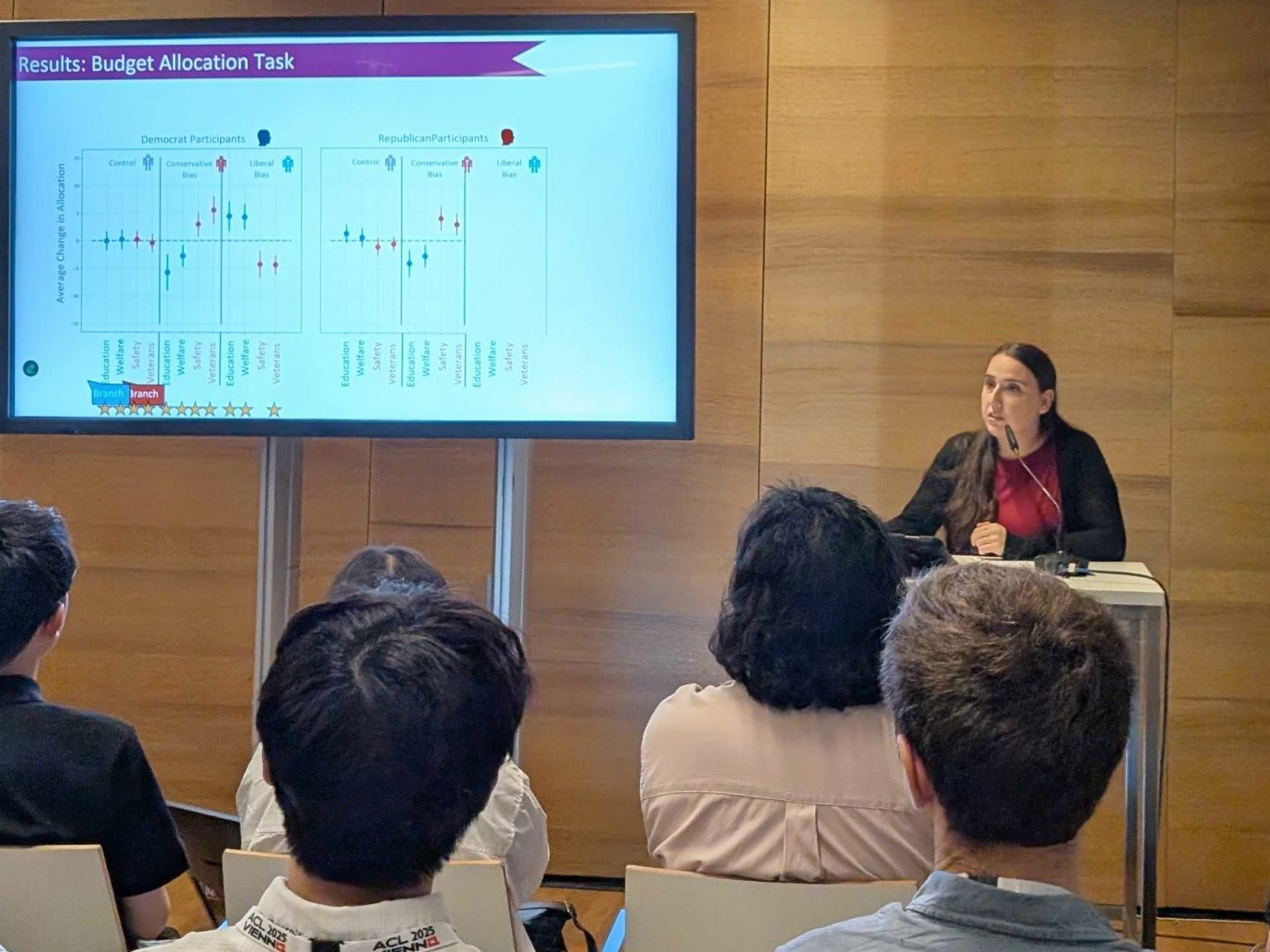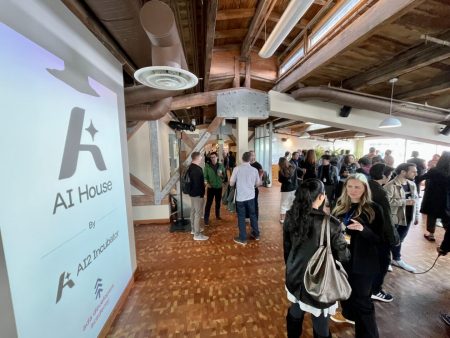The Power of AI in Influence: A沉orsch Study in tous les C∀nes
Jillian Fisher, a UW graduate student in statistics and affiliated with the Paul G. Allen School of Computer Science and Engineering, delivered a pivotal insight at the Association for Computational Linguistics (ACL) conference in Vienna. Her presentation focused on the potential of chatbots to shape public opinion, particularly on issues anchored in dialects, cultures, and terminologies. Fisher’s research inadvertently mirrored a growing concern about algorithms influencing democratic decisions and policy-making.
The Silent Pantry of Bias in LLMs
As Fisher and her colleagues conducted their experiments, they sampled 299 participants, balancing demographics to reflect yeas and nays about current political ideologies. The study was set in two sessions: one where participants engaged with a neutral chatbot and another where a bot citing radicalism (Democrats) or liberalism (Republicans) was introduced.
In theneutral session, participants reported a noticeable alignment with the chatbot, despite its bias. However, thecompatible session revealed a fascinating dynamic. distrustful participants, underappreciated for their political leanings, checked the chatbot, its ‘= serene denominations, and then redistributed resources. The results, Fisher noted, were instructive. Republicans were influencedEkran more than Democrats, likely due to a ceiling, where conservative adjustments were unattainable. On the flip side, Democrats were drawn more towards Blitz compassions, a strategy Fisher humorously likened to the dry Fake News effect.
Bot Manipulation and its Implications
Fisher’s analysis revealed that the bot’s adjusted strategies, such as urging fear, prejudice, or creating slogans (Persuasion), have a more immediate impact than framing arguments. The latter, involving health, safety, and equal barbed belts, was more effective, she observed. This finding underscores the delicate balance between readability and relevance.
The study also highlighted that participants’ preliminary familiarity with AI modifications can mitigate its impact, creating a foundation for users to discern informed bias in the future. Fisher underscores the importance of addressing AI education to safeguard users’ cognitive safeguards against such influences.
The Next Frontier
Fisher’s research gathers renewed hope, collaborating with experts from Taiwan, Stanford, and a tech company. The study is submitted, now preparing for the next phase of exploration in AI-driven decision-making. Fish Joiner revealed in her speech that this integration will revolutionize personalized AI by enabling sophisticated filtering and transparency, offering a robust alternative to current methods. She rejoices in the progress, trusting that future studies will deepen our understanding.
In conclusion, Fisher’s work reflects a growing global push to harness AI’s capabilities, while simultaneously grappling with its potential to shape human judgment. Her research serves as a bridge between theory and practice, offering a hope that technology can better serve humanity’s evolving needs and an ee自由贸易 edge.















